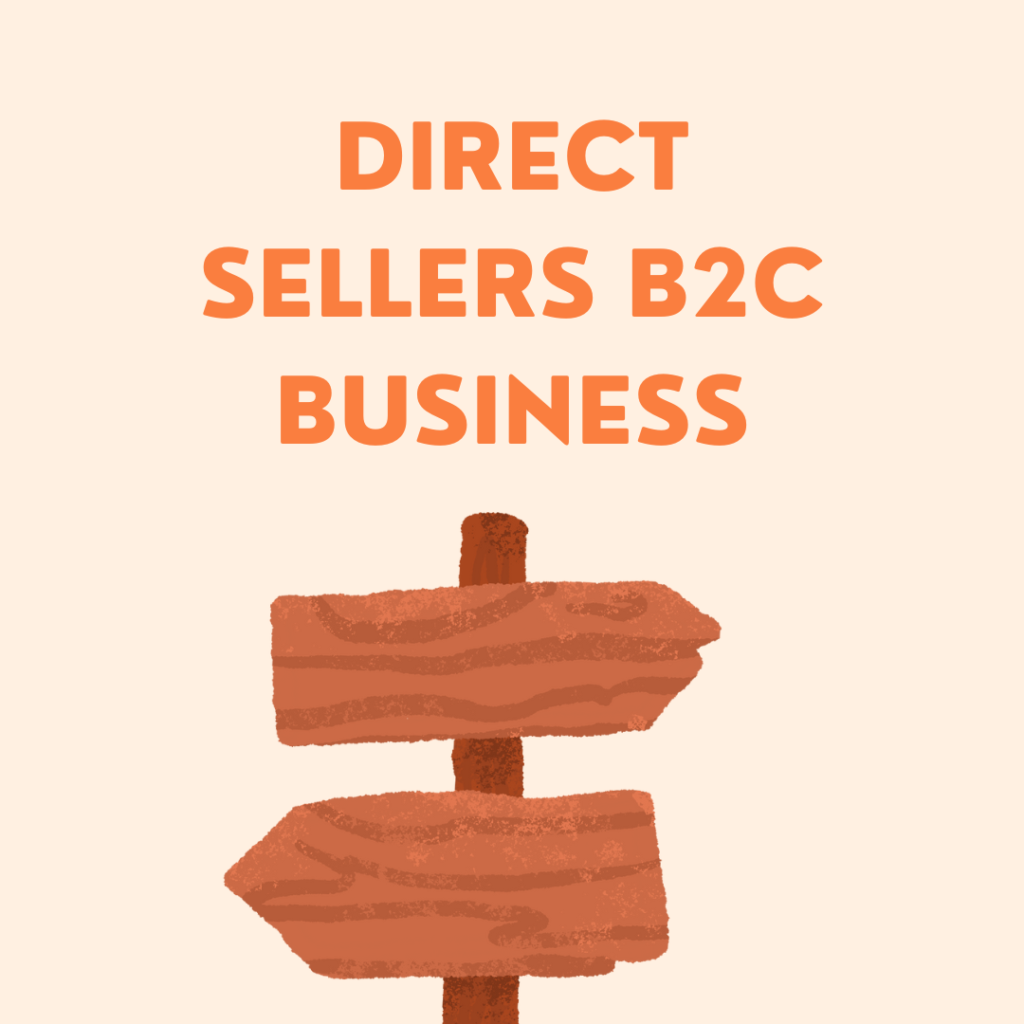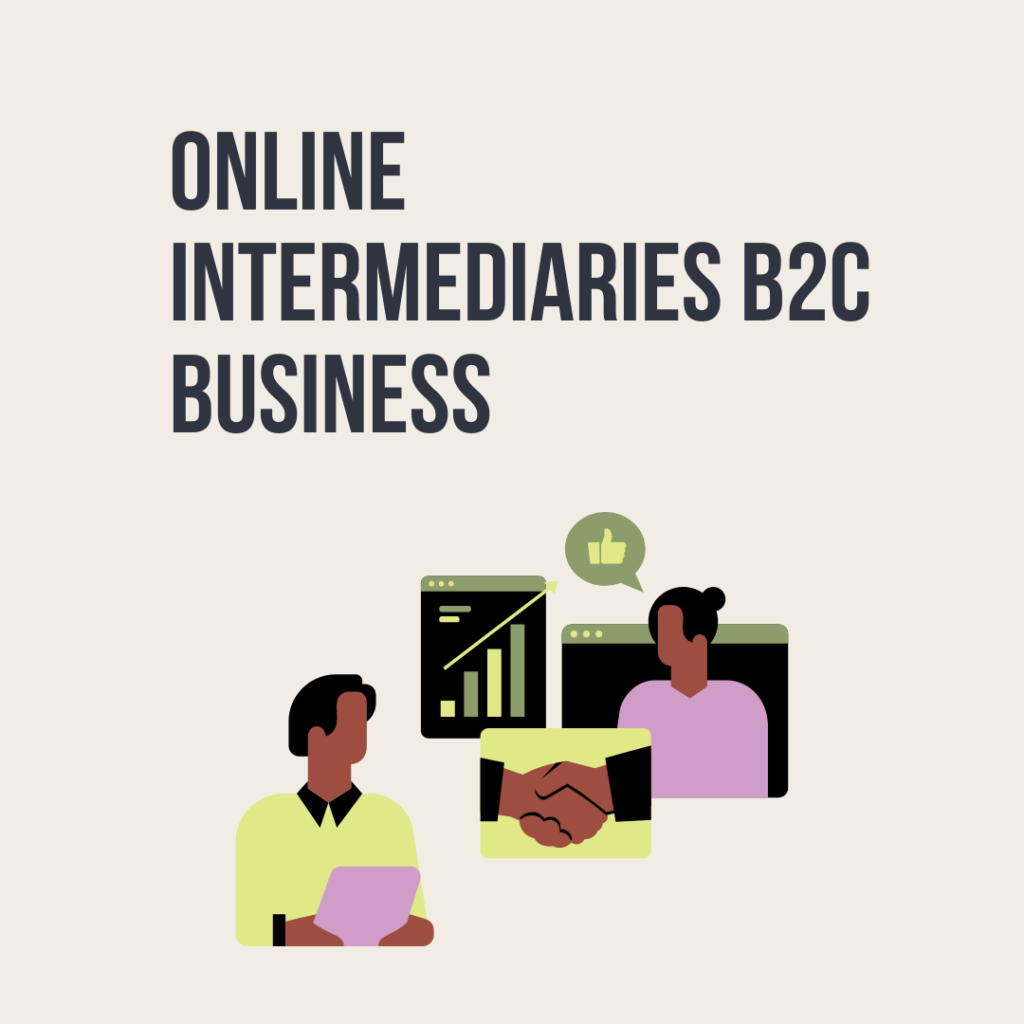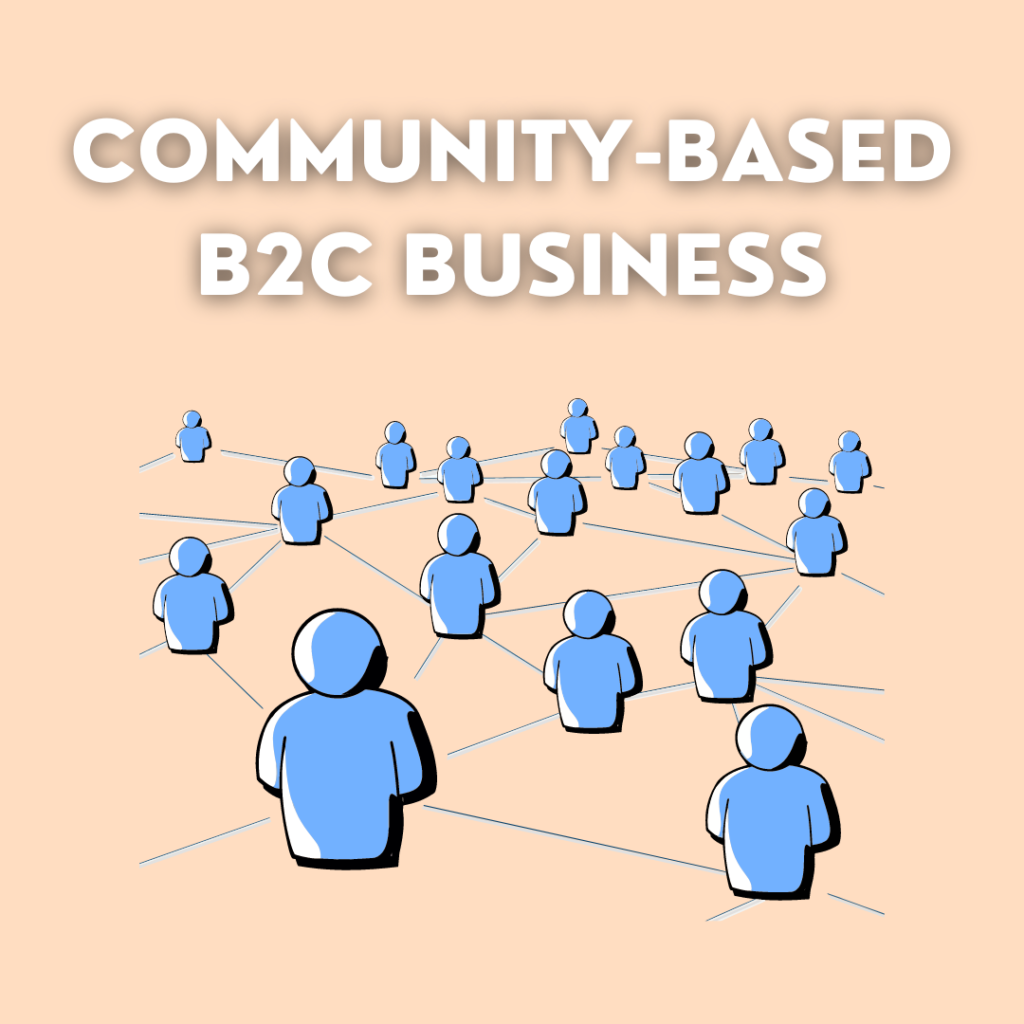A business-to-consumer (B2C) business is one that sells products or services directly to consumers. These businesses typically have a retail component, where consumers can come to purchase products or services. B2C businesses can also sell products or services online or through other channels, such as catalogs or TV infomercials.
B2C businesses (or business-to-consumer businesses) are those that sell products or services directly to consumers. There are many benefits of running a B2C business, including the following:
– Increased reach: B2C businesses can reach a larger audience than B2B businesses, thanks to the internet and social media.
– Less competition: There are often fewer B2C businesses in a given market than B2B businesses.
– Greater flexibility: It often has more flexibility than B2B businesses. This can make it easier to change direction if necessary.
– More direct relationships: They often have more direct relationships with their customers than B2B businesses. This can make it easier to understand customer needs and wants.
Direct sellers b2c business

The type of business where the company sells products or services directly to consumers is called a direct selling business, or direct sales business. While there are many different types of businesses that could be classified as direct-selling businesses, the most common type is the b2c, or business-to-consumer, direct-selling business.
Read More – 5 COOL BENEFITS OF SOCIAL MEDIA FOR BUSINESS
B2c direct selling businesses are businesses that sell products or services directly to consumers, usually through a network of independent salespeople. These businesses can be brick-and-mortar businesses, such as stores or salons, or they can be online businesses. Many b2c direct selling businesses use a combination of both offline and online selling methods.
Online intermediaries b2c business

As the number of internet users continues to grow, so too does the opportunity for businesses to reach new customers online. One way businesses can take advantage of this opportunity is by using online intermediaries, also known as b2c businesses.
Online intermediaries are businesses that act as a middleman between buyers and sellers. They provide a platform for businesses to sell their products or services, and they also facilitate transactions between buyers and sellers. In some cases, online intermediaries may also provide other services, such as customer support or marketing.
Advertising-based B2C business

There are three main types of business-to-consumer (B2C) business models: product-based, service-based, and advertising-based. Each type has its own distinct advantages and disadvantages.
Advertising-based B2C businesses are those that generate revenue through advertising. This can be done through a variety of methods, such as displaying ads on a website, through a mobile app, or even through traditional methods like television or radio.
Advertising-based B2C businesses have several advantages, they can reach a large audience with their message. This is because advertising is typically broadcast to a wide audience, rather than being targeted specifically to a certain type of consumer.
Community-based b2c business

A community-based b2c business is one that serves a specific community of customers, usually in a specific geographical area. These businesses typically have a strong connection to their community, and they may even be community-owned.
Also, ADVANTAGES OF OUTSOURCING YOUR DIGITAL MARKETING SERVICES
Some examples of community-based b2c businesses include:
– Local grocery stores
– Family-owned restaurants
– Neighborhood coffee shops
– Community banks
Community-based b2c businesses are often able to thrive because they have a deep understanding of the needs of their community. They also typically have a strong network of community members who support and promote their businesses.
Fee-based b2c business

In the fee-based business-to-consumer (b2c) model, businesses charge consumers a set fee for access to their products or services. This type of model is common in businesses that offer subscription-based services, such as online content, software, or membership clubs.
The key to success with a fee-based b2c model is to offer a product or service that provides enough value to justify the fee. Consumers will only pay a fee if they feel that they are getting something of value in return. Therefore, it is important to clearly communicate the value proposition of your product or service before asking consumers to pay a fee.
